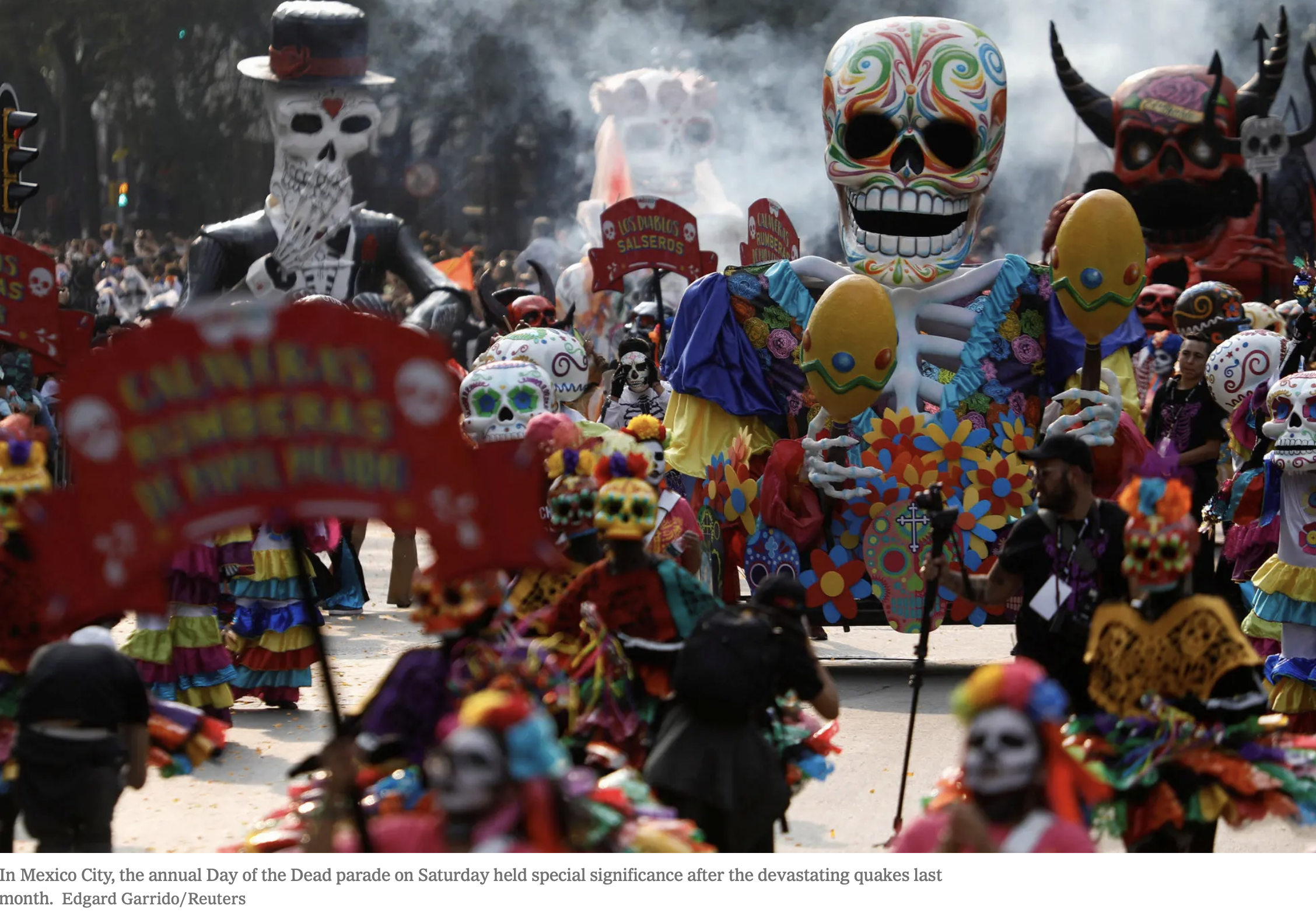
When we contemplate the end for us we typically may think of cremation. But things have for a long time been a-changing. The first crematorium was legally allowed and opened up in various places including Hull only in 1902. Nevertheless, cremations did occur previous to that: “In 1878 the Cremation Society built the UK’s first crematorium on a piece of land it had purchased near Woking in Surrey and in 1879 carried out a successful cremation on the body of a horse.” The Church may have been aghast at first – not about the horse but in cremations in general – for it took until 1963 for the Pope to declare cremations were ‘legal’.
In all these things, we are seeking to develop and allow people to engage in the subject of death, that inevitable stage of life here on Earth.
Cremations and Burials
Space is often cited as a key reason for the introduction of cremations rather than opting for a burial. According to the latest table of figures from 2020, Japan leads the way with 99.97% of all deaths leading to a cremation, whereas Mongola – very sparsely populated indeed – only cremates 7.1% of those that died, Greece 2.1% – the UK cremates 78.5% of all those that die. Why may that be so?
Some countries regularly reuse burial plots. The BBC reported back in 2013 that we would run out of space within 20 years if we didn’t consider such an option. In Scotland in 2016 the re-use of graves or lairs was legislated but with caveats. In London the time for the re-use of a grave was set at 75 years. For Muslims, graves must never be re-used. For others, graves are never used. OK, so things have been a-changing but…
How do you feel about this?
Leading a funeral
In 2002 a Government White Paper called for a change in who could undertake a funeral. The idea of Celebrants possibly introduced a person-centred occasion. Prior to that the purpose of a funeral was very different.
Prior to the Reformation in the 16th C people could buy indulgences, not from Amazon, but from the Church. These would assist the journey following death to God…in some peculiar way. People would also receive the last rites by a priest, with the laying of a communion wafer on the tongue of the deceased to nourish them on that last journey.
Post the Reformation the focus of the funeral was for those who were still living, but mourning, not for the deceased. For some religious groups, namely the Puritans, there was little point having a funeral as God had already received the soul of the departed. Wow, things have been a-changing.
The funeral is not for the bereaved, not for the dead. The minister is not dismissing the soul from this world, nor is he merely disposing of mortal remains. The funeral, therefore, is for those who are left”
Wesley Carr. 1985
Could it be for both?
Today we might start the service by people carrying in the coffin, the very person who might have carried them in life itself.
It is the circle of life, where once they carried us in their arms, we now carry them.

Credit…Edgard Garrido/Reuters
On Halloween, we are met with all sorts of ghosties and ghoulies, skeletons from the dead returning. Many church folk do not engage. Whereas in Latin America, the “Day of the Dead’ – around 2 Nov – is widely celebrated. It is acknowledged that the dead are still with us, even as far as going to the cemetery and having a picnic. Many folk might go to the place of remembrance, a tombstone, a garden where the ashes have been laid, and have a conversation with the one who has died. Is that too much a-changing…
How do you feel about this?

Mourning
But mourning is also a natural part of death. Paul Sheppy explain that the funeral is a “remembrance of the person’s life in the context of Easter”. Whatever we feel for this religious festival, we might look at the response of Mary, Jesus’ Mother and the other Mary’s, who are mourning at their loss. We might say but we may know what comes next – but they didn’t. Their grief was natural.
How do you feel about this?
In all these things, we are seeking to develop and allow people to engage in the subject of death, that inevitable stage of life here on Earth.
One thought on “Funerals have been a-changing”
Comments are closed.